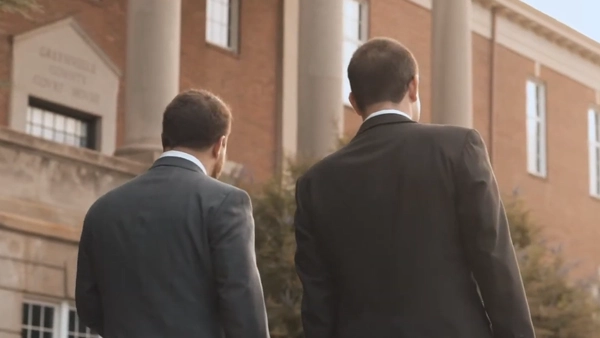A personal injury lawsuit begins when you file your initial pleadings with the appropriate court and cause a copy of these pleadings to be served on the defendant (the person or entity you are alleging caused your injuries). It is important that the defendant be served,– rather than simply mailed, – a copy of your pleadings. A defendant who is handed a copy of your pleadings and fails to respond cannot later complain that he or she did not know of your lawsuit or that it is somehow unfair for the court to enter a judgment in your favor. But what happens when the defendant in your case cannot be located?
Serving an Elusive Defendant
A defendant may be difficult to serve for a variety of reasons. Perhaps they provided you with a bad address after your personal injury accident, or maybe you knew the identity of the defendant but not where his home address. Even if you do know where your defendant resides, perhaps he is never at home, or the person attempting to serve him with your pleadings is never able to make contact with the defendant.
Hand-delivering a copy of your personal injury pleadings to the responsible party is certainly the preferred method of accomplishing service; however, it is by no means the only method. For elusive and/or difficult-to-locate defendants:
- Notorious service: If you cannot locate the defendant to serve them personally, you may be able to accomplish service by leaving the pleadings with a person who resides at the defendant’s usual home and residence and who is of a suitable age (generally someone who is old enough to know the defendant and responsible enough to deliver the pleadings to him). This is called “notorious service” and can pose problems to the personal injury plaintiff. The defendant can claim that they never actually received the pleadings or that the person to whom the pleadings were delivered was not a person of an appropriate age and/or a person residing with the defendant, thus making the plaintiff’s service attempt defective.
- Service by publication: If the defendant’s whereabouts are truly unknown, the plaintiff may be able to obtain permission from the court to “serve” the defendant by publishing a legal notice in the local papers for a number of weeks. This can help the plaintiff obtain a default judgment against a defendant they are unable to locate. Before service by publication will be allowed, however, the plaintiff must generally show the court that they have made every reasonable effort to locate the defendant but has been unable to do so.
Effectuating improper service of process is the quickest way to derail your personal injury case, which is why it makes sense to entrust your case to an experienced and knowledgeable South Carolina personal injury attorney.
Call David R. Price, Jr., P.A. or contact our Greenville, SC personal injury law firm online and discuss your case with our experienced legal team during your free initial consultation. Having an attorney who knows how to properly effect service on the negligent party in your case can make a world of difference in the amount of time it takes for your case to be successfully resolved.







